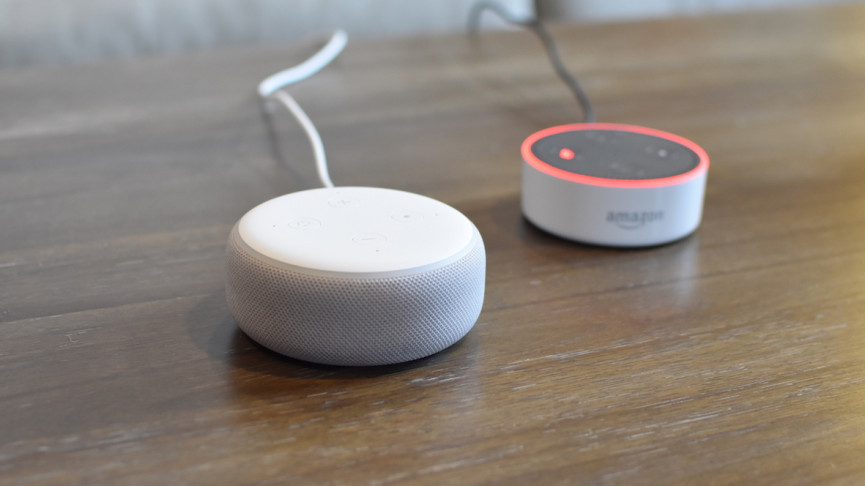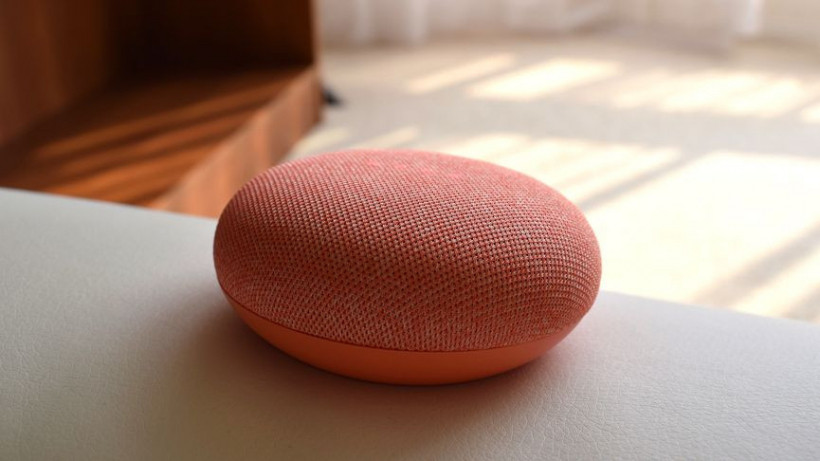The battle to put the 'personal' in personal assistant
It’s the lead up to the holidays, which means our voice assistant overlords are making every eleventh-hour move to prove their smart speakers should reign supreme this Christmas.
For example, Amazon just rolled out some new music features that will allow Alexa to serve up more personalized suggestions. Ask Alexa to play “workout music” and it will ask a few follow-up questions – what genre, tempo etc – returning with something that should be a closer match to what you’re after. Or just simply say, “Alexa, help me find a playlist” to start something from scratch.
This can be tweaked further by telling Alexa that you like or dislike a current song or artist, and it will (hopefully) avoid playing them again – much like how Spotify and Apple Music work – with the caveat that all of this only takes place with Prime Music or Amazon Music Unlimited.
Read this: Alexa can bear the mental load of running a house – if we let it
But it’s a universal truth that when Alexa or Google Assistant get a new feature, the other gets something too. And it was this week too that Google announced it’s launching an AI-driven news feed for its smart speakers. So rather than simply give you a blast of the big stories from your outlet of choice, you’ll get a curated selection of top stories based on “topics you care about”, says Google, which are informed by your interests and stories you’ve previously followed.
Aside from motivating news services to think more carefully about developing for voice, it will give users more control of the incoming stream. And as with Alexa’s music personalizations, it’ll open up more of a two-way conversation as you tell Google the stories you want to skip.

All of which is starting to solve one of the biggest flaws of smart assistants right now: they just don’t know us very well. Sure, both Amazon and Google have already gone some way to create personalized experiences – voice profiles! – with responses that are more tailored to whoever’s talking to them. But more often than not these assistants are hazarding a guess at what we want to hear or see – and often getting it wrong.
Google has the brainpower and Alexa has the upper hand in smart home connectivity, yet the race to personalize is perhaps the most important of all. But personalized AI needs personal data to fuel it, and this is where things get tricky. After all, Google already collects swathes of information about us that can be used to – and often does – inform its AI. Amazon is certainly no bastion of user privacy either, but generally the data it collects is for use within the walls of its e-commerce kingdom – and to keep you in them.
Then there’s Apple, which doesn’t actually build a profile of you with your data – somewhat to its detriment. Apple is finding other ways around the personalization problem, the latest example being Siri Shortcuts, but in the race to know us best it has a much steeper hill to climb.
And that wasn’t all this week. In a somewhat related news strand, Amazon announced it will start crowdsourcing answers for Alexa – its way of dealing with that aforementioned Google brainpower problem. It seems, again, for these technologies to learn more about us, they sometimes just need a human touch.





